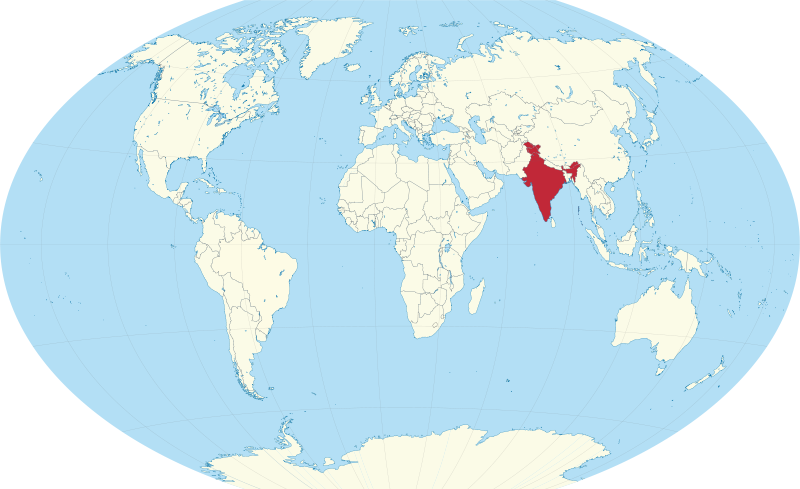First Indian Music-Dance Festival Started in Australia
• A first-of-its-kind Indian music and dance festival aimed to showcase the country’s rich and diverse culture was. started on September 19, 2016 in Australia.
• The festival, an initiative of Indian government supported by the Australian side, will run across seven cities including Melbourne, Perth, Brisbane, Canberra and Adelaide.
• This festival will promote better understanding of Indian culture among different communities living here.
• The concert which marked the launch of the festival included the famous Manipuri drummers, Sufi singing artist Sonam Kalra, odissi, Kathak and Bharatnatyam dancers, Australian musicians and aboriginal dancers.
India and Nepal Signed Agreements to Boost Bilateral Ties
• India and Nepal signed three key.pacts on September 16, 2016. India extended a Line of Credit (LoC) worth $ 250 million to boost infrastructure projects in Nepal and signed a much expected investment protection pact with. the Himalayan state to promote bilateral businesses.
• The signing of the Bilateral Investment Promotion and Protection Agreement (BIPPA) is a welcome boost to Indian investors keen to tap into Nepal’s resources. India had agreed to extend the LoC in February, 2010.
• The agreement seeks to promote and protect invesfments from either country in the other’s country, with the ultimate objective of increasing bilateral investment flow. The term investment includes every kind of asset, including intellectual property rights.
• The agreement seeks to promote and protect investments from either country in the other’s country, with the ultimate objective of increasing bilateral investment flow.
India took US Renewable Energy Dispute to the WTO
• India appealed to the World Trade Organisation’s highest court (the Appellate Body) to dismiss a lower panel ruling that effectively struck down the government’s local content requirements for solar cells and modules for promoting renewable energy following a dispute raised by the USA on September 14, 2016.
• New Delhi appealed against several issues of the panel concerning the interpretation of Article-Ill: 8 (a) dealing with government procurement and Article-XX (d) and XX (J) of general exceptions under which domestic content requirements were justified.
• Before the WTO panel, India had justified the domestic content requirements by pointing to its international obligations. India invoked the.UNFCCC as part of its defence to continue with the domestic content requirements.
• India had argued that it had an obligation to take steps to achieve energy security, mitigate climate change, and achieve sustainable
• India had argued that it had an obligation to take steps to achieve energy security, mitigate climate change, and achieve sustainable development, and that this includes steps to ensure the adequate supply of clean electricity, generated from solar power, at reasonable prices.
India and Canada Agreed to Combat Climate Change according to Paris Pact
• India and Canada agreed to combat climate change through innovation and deployment of low-carbon solutions, according to provisions of the 2015 Paris Agreement .under the UNFCCC on September 12, 2016.
• Both sides agreed to consider expanding the scope of their future bilateral dialogues to cover other areas of energy such as electricity and renewables; energy efficiency, clean technology and innovation; and civil nuclear energy.
• Both nations agreed to explore ways to further strengthen the institutional framework for this cooperation.
Union Government Approved MoU with Kenya
• The Union Cabinet approved a MoU between India and Kenya on cooperation in the field of NHPDM on September 12, 2016. Under the MoU, both the sides will collaborate on all matters relating to housing and human settlements through various strategies including training of personnel, exchange visits, expos/eXhibitions, conferences and workshops.
• The cooperation between the two countries will focus on upscalihg slum upgradation and prevention initiatives based on the experience and implementation process of each country.
• It will collaborate on development and sharing of information on housing and real estate data base including market trends, best practices and investment opportunities.




